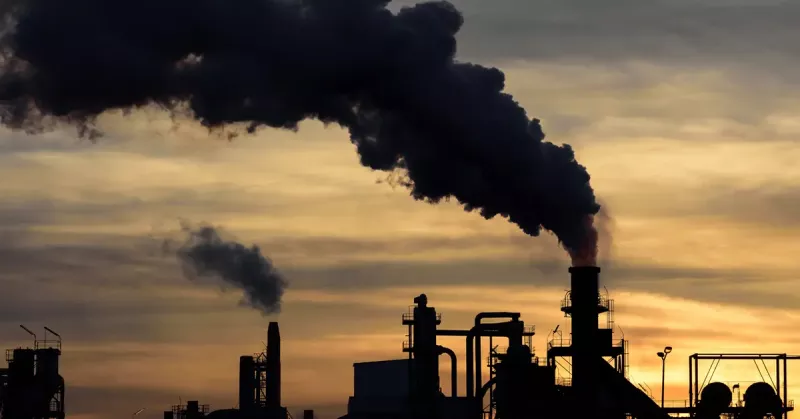The available energy in Nigeria, Cameroon, Egypt, and other African countries, is expensive, inefficient, polluting and unreliable, the latest February 2023 report of the International Gas Union, in partnership with Hawilti Limited, has stated. It also pointed out that Nigeria and other nations on the continent were energy-poor despite the presence of abundant gas in Africa. Hawilti, a pan-African investment research agency and advisor to businesses, investors, public and private institutions, as well as governments in Africa, released the report in conjunction with IGU, with focus on gas for Africa. The study assessed the potential for domestic gas resources to energise Africa in line with the global energy transition. The African Energy Commission and the Africa Finance Corporation endorsed the report and its findings. Energy experts at the International Gas Union and Hawilti Limited explained that domestic natural gas could help to alleviate Africa’s energy poverty.
.jpg)
“Where energy is available in African countries, it is often expensive, inefficient, polluting, and unreliable: for example, Nigeria’s grid collapsed four times between January and September 2022,” the report read in part. It stated that domestic gas resources could improve the lives of Africa’s young, increasing population, and deliver the energy it needs to develop within a just energy transition. “Africa has the lowest energy per capita in the world, while the average electricity use of a sub-Saharan Africa resident is lower than that of a household fridge in the United States,” it stated. “But despite producing over six per cent of the world’s natural gas supply and having close to one-tenth of proven global reserves, most of the African continent has no access to its natural gas.
“Africa’s domestic gas markets remain under-developed or non-existent, especially south of the Sahara, and much of Africa’s abundant natural gas resource development has been for export to the rest of the world. “Africa produces over 280bcm of natural gas, while its domestic demand is just above 160bcm,” they stated in the report. They further noted that the adoption of natural gas in Africa would have minimal impact on the net global Green House Gas emissions, given its miniscule starting point. The report showed that Africa had a fifth of the world’s population and represented only three per cent of global emissions. “For the 48 Sub-Saharan African countries, without South Africa, the estimated share of emissions is 0.55 per cent.
Punch




